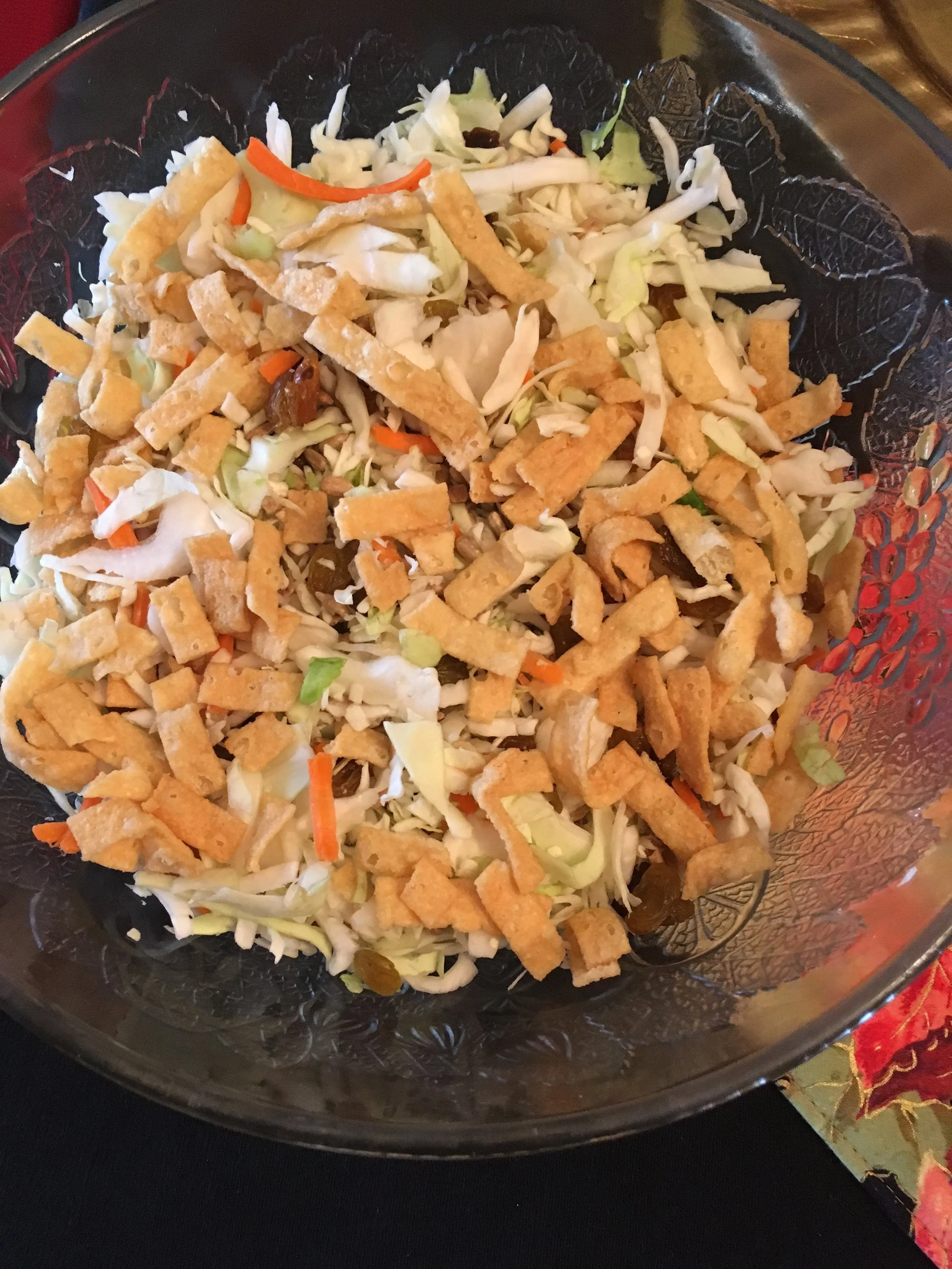3 "Health" Related Terms That Need To Go Away
Your favorite Bachelor contestant tempts you to purchase their favorite detox tea. A television celebrity suggests hiding butternut squash in your kids’ Mac and Cheese. A personal trainer demands you make no excuses during a workout. We are inundated with many terms when improving our health. However, some of these terms should be banned from our collective lexicon.
The term detox is mostly used inaccurately. Detox refers to the elimination of harmful and toxic substances from the body. For the average individual, our body naturally does this. You don’t need teas, you don’t need shots of apple cider vinegar, and you don’t need to guzzle lemon juice with cayenne pepper. It’s not beneficial. Save the tea for a morning or nighttime drink. Save the apple cider vinegar for a dressing. Save the lemon juice to squeeze over baked fish.
Another term that needs to banished for eternity is any variation of the word hiding. Hiding, or sneaking, ingredients into food can be dangerous. The most important thing in the realm of nutrition is that people have a healthy relationship with food. That means you are aware of the ingredients in the food you are eating. Children, and even adults, are not able to have a strong foundation and relationship with food if things are being hidden in it. Being honest with what is in your child’s food will be more beneficial in the long run. Additionally, should your child have an unknown food allergy, it can be very easy to forget about the brussel sprouts, almonds, or sunflower seeds you snuck into their dish at mealtime. Honesty is always the best policy especially when it comes to what is in our food.
“No excuses!” Someone yells that passionately in your direction and you are inspired to eat healthy or finish an exercise regimen. Not so fast. Using a negative term like “excuses” as a means to positively influence someone just does not work. The reason we struggle to complete something, especially a health behavior, is because of our barriers. A health professional should help you investigate and overcome these barriers. These barriers can be real or perceived. Let’s explore this with a couple of examples.
Example A
As a client, you come to me (a registered dietitian) and say,
“I can’t eat breakfast because I have no time to make one”.
This barrier is a perceived barrier and not a real one. You don’t need time to make breakfast in order to eat one. What if I responded,
“I could work with you to incorporate breakfast into your life without costing you time”.
Together, we could develop a solution. You could purchase trail mix, single-serve yogurt, or fruit when you do your weekly grocery shopping. Therefore, when you want breakfast, you already have options ready to go.
Now, let’s explore a second example.
Example B
As a client, you come to me (a registered dietitian) and say,
”I can’t eat breakfast because I have no time to make one”.
I respond,
”No excuses”!
Does that make you feel good? Does that make you feel empowered? Most importantly, did I help you develop a solution to incorporate breakfast into your life?
I find that someone uses the term “no excuses” because they have no idea how to assess what barriers you face. If they can’t assess what barriers you face, how can they help you overcome them? If you want to improve your health search for a professional who represents Example A.
Improving your health can be a big life decision. Look for professionals that are empowering and present sound advice. If they utter the terms “detox”, “hiding”, or “no excuses”, I’d consider looking elsewhere.






